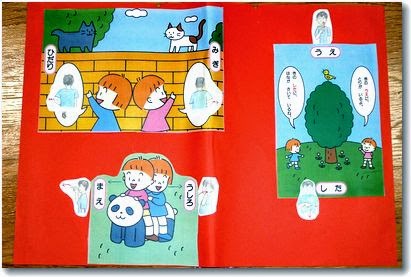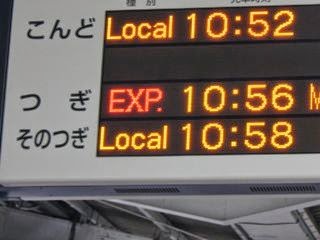Nihongo Salon 「にほんごで はなしましょう!」
Let's enjoy free talking in Japanese from both inside and outside of Kokoro Talk.

November 16 (Sunday)--- 8:00-8:50
(Japan Time)
Please
check your local time in the google calendar below on the top page. This is totally
free charge. Please feel free to send your Skype name through "Contact"
button upper on the top page.
*******************************
● 自己紹介 (jikoshookai, Self-introduction)
Example 1 : はじめまして。わたしは マイケルと いいます。 アメリカじん です。 カルフォルニアに すんでいます。 どうぞ、よろしく おねがいします。
(Nice to meet you. I'm Michael. I'm an American. I'm living in California. I'm pleased to meet you.)
Example 2 : こんにちは。 はじめまして。 わたしは 黄其正(こうきせい) です。 たいわん しゅっしんです。 だいがくで にほんごを べんきょう しています。 カラオケが すきです。 どうぞ、よろしく。
(Hello, nice to meet you. I'm Koo Kisee. I came from Taiwan. I'm learning Japanese at university. I like karaoke. Pleased to meet you.)
 January 11 (Sunday)--- 9:00-9:50 (Japan Time)
January 11 (Sunday)--- 9:00-9:50 (Japan Time)

































